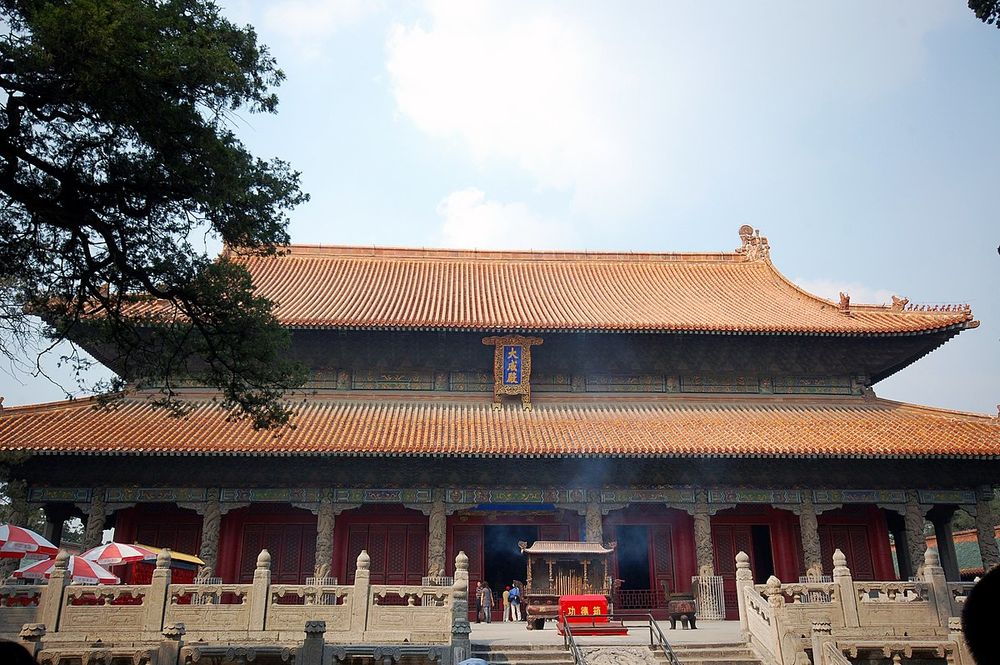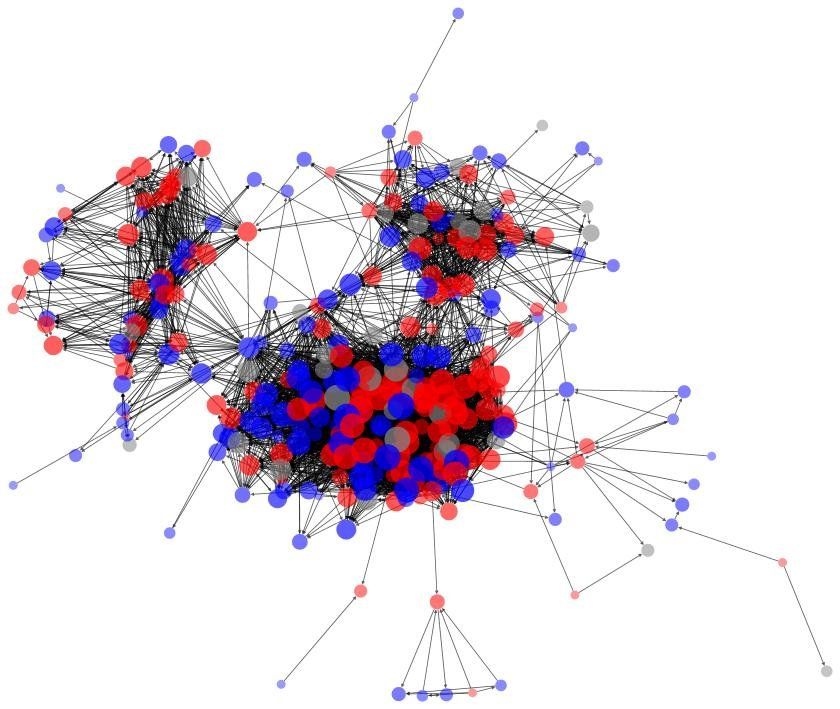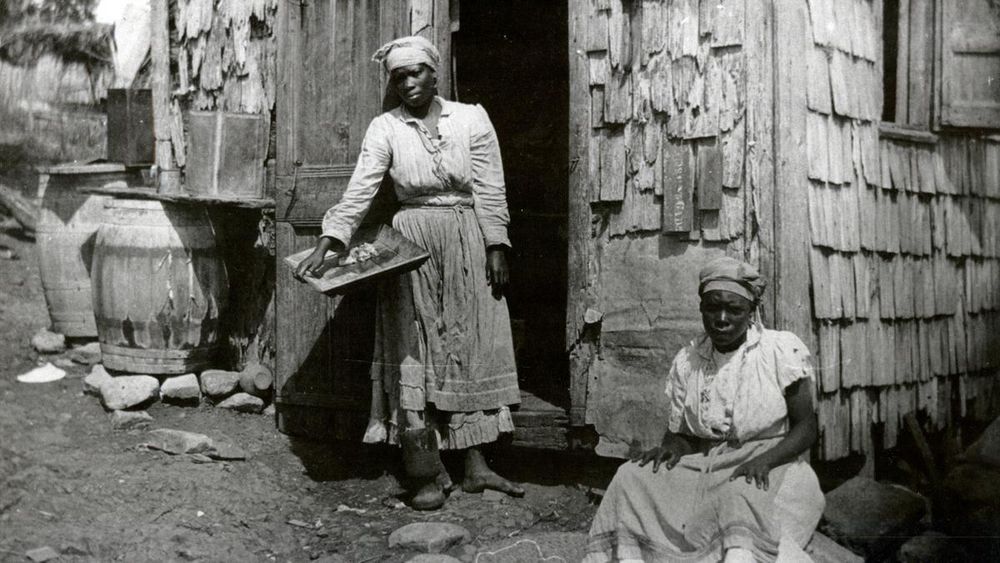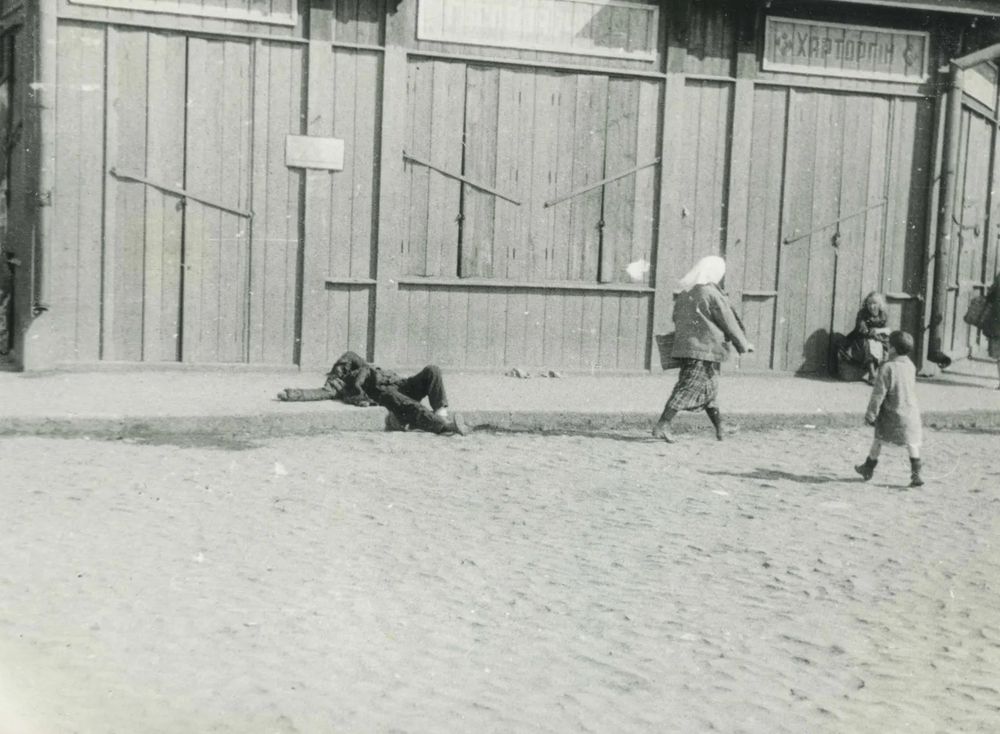
economics, political economy, Holy Roman history, mathematical ecology, other things that interest me

tinyurl.com/5y6p2mvy
#twitter #socialmediastrategy

tinyurl.com/5y6p2mvy
#twitter #socialmediastrategy
Economists are not famous for their discussions of culture and religion. However, increasingly they have come to recognize that culture might play a role in influencing long-term economic growth.
China might provide an interesting case study.
1/

Economists are not famous for their discussions of culture and religion. However, increasingly they have come to recognize that culture might play a role in influencing long-term economic growth.
China might provide an interesting case study.
1/

Gender often defines or colours our social networks and interactions. We might be more or less likely to make friends with someone because of their gender.
How does this look on the global scale, and how do we measure it?
1/

Gender often defines or colours our social networks and interactions. We might be more or less likely to make friends with someone because of their gender.
How does this look on the global scale, and how do we measure it?
1/
Most people are, in principle, in favour of equality. Generally, we like the idea that people at the very least have the same opportunities - and sometimes that people's outcomes aren't too extremely different.
But how far does this principle go?
1/

Most people are, in principle, in favour of equality. Generally, we like the idea that people at the very least have the same opportunities - and sometimes that people's outcomes aren't too extremely different.
But how far does this principle go?
1/
The Classic Maya period captures the imagination. Jungle temples, jaguar gods, and jewelled masks jump into the mind's eye.
Yet it's important not to exoticize these people, or forget how they lived. What was Classic Maya politics like?
1/

The Classic Maya period captures the imagination. Jungle temples, jaguar gods, and jewelled masks jump into the mind's eye.
Yet it's important not to exoticize these people, or forget how they lived. What was Classic Maya politics like?
1/
#politicsblog

On 1 January 1803, the slave trade was ended in the realms of the King of Denmark. The abolition had been announced just over a decade earlier in 1792.
How did life change for enslaved people in the decade between those dates?
1/

On 1 January 1803, the slave trade was ended in the realms of the King of Denmark. The abolition had been announced just over a decade earlier in 1792.
How did life change for enslaved people in the decade between those dates?
1/
This reckless move will shatter U.S. scientific leadership and cripple innovation for generations.



Thank you Brian Driscoll!🇺🇸

Thank you Brian Driscoll!🇺🇸


In the modern day, we get upset when our wages - or rather, our wages in terms of prices - don't grow.
Yet for much of history, nobody just assumed that their wages would grow. What did wage change look like in premodern England?
1/

In the modern day, we get upset when our wages - or rather, our wages in terms of prices - don't grow.
Yet for much of history, nobody just assumed that their wages would grow. What did wage change look like in premodern England?
1/
Intersectionality has become a big part of both pop feminism and academic study, particularly in law and sociology.
It says that oppressed identities "intersect": people in multiple oppressed categories are extra oppressed.
1/

Intersectionality has become a big part of both pop feminism and academic study, particularly in law and sociology.
It says that oppressed identities "intersect": people in multiple oppressed categories are extra oppressed.
1/
The USSR (particularly Ukraine) suffered a serious famine, partly man-made, in 1932-1933. Millions died, and millions more were permanently scarred by malnourishment.
What were its long-term effects on the Soviet economy?
1/

The USSR (particularly Ukraine) suffered a serious famine, partly man-made, in 1932-1933. Millions died, and millions more were permanently scarred by malnourishment.
What were its long-term effects on the Soviet economy?
1/


